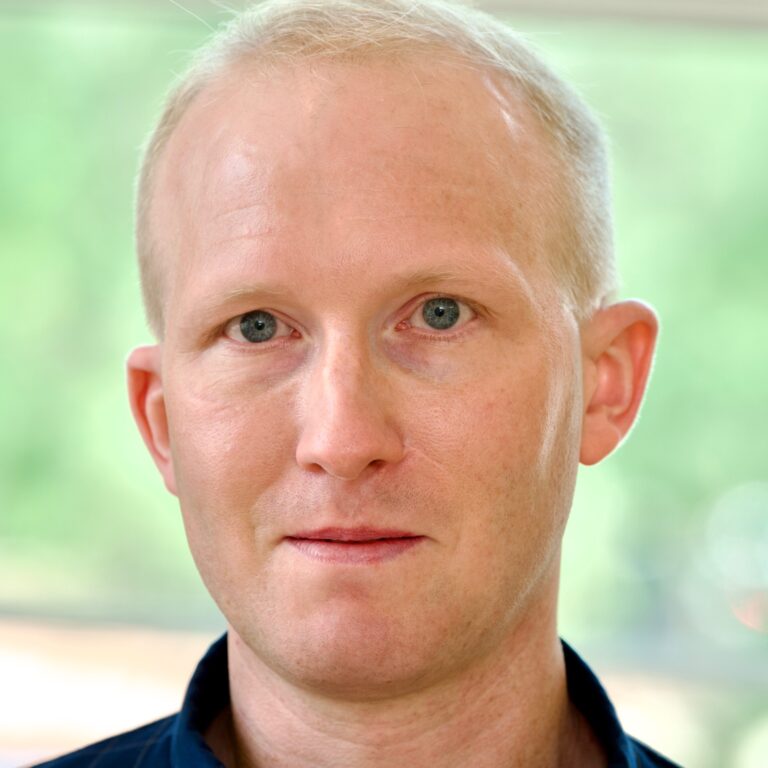Sebastian König

Bio
Dr. König (Koenig) received his PhD in 2013 from Bonn University, Germany. He then moved to the US as a postdoctoral fellow at The Ohio State University. In 2016 he went back to Germany and spent three years as Herzberg Fellow at TU Darmstadt before joining the NC State Physics Department as FRIB-TA bridge faculty in 2020
Area(s) of Expertise
Dr König's research covers a range of topics in theoretical low-energy nuclear physics, centered around effective field theory applied to few-nucleon systems, finite-volume techniques relevant for lattice field theory simulations, and other aspects of ab initio calculations. This work focuses in particular on aspects which are universal in the sense that they apply to very different systems—not limited to nuclear physics—at the same time. Dr König is furthermore interested in efficient numerical applications and topics in computer science. Simulating quantum systems on computers at various scales is an important aspect of his work.
Publications
- A Vision for the Science of Rare Isotopes , ANNUAL REVIEW OF NUCLEAR AND PARTICLE SCIENCE (2024)
- Colloquium: Eigenvector continuation and projection-based emulators , REVIEWS OF MODERN PHYSICS (2024)
- Complex scaling in finite volume , PHYSICAL REVIEW C (2024)
- Exploring the Strong Interaction of Three-Body Systems at the LHC , Physical Review X (2024)
- Radius extrapolations for two-body bound states in finite volume , PHYSICAL REVIEW C (2024)
- Charged-Particle Bound States in Periodic Boxes , PHYSICAL REVIEW LETTERS (2023)
- Efficient few-body calculations in finite volume , 13TH INTERNATIONAL SPRING SEMINAR ON NUCLEAR PHYSICS PERSPECTIVES AND CHALLENGES IN NUCLEAR STRUCTURE AFTER 70 YEARS OF SHELL MODEL, ISS 2022 (2023)
- Eigenvector continuation for emulating and extrapolating two-body resonances , Physical Review C (2023)
- Magnetic dipole operator from chiral effective field theory for many-body expansion methods , PHYSICAL REVIEW C (2023)
- Perspectives on Few-Body Cluster Structures in Exotic Nuclei , FEW-BODY SYSTEMS (2023)
Groups
Honors and Awards
- Few-Body Systems Award for Young Researchers (2019)
- Dissertation Prize of the German Physics Society (2015)
- Dr. Klaus Erkelenz Prize (2013)